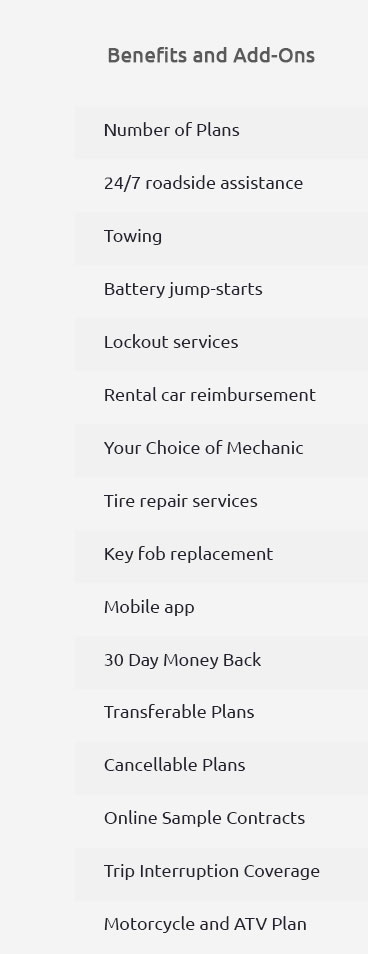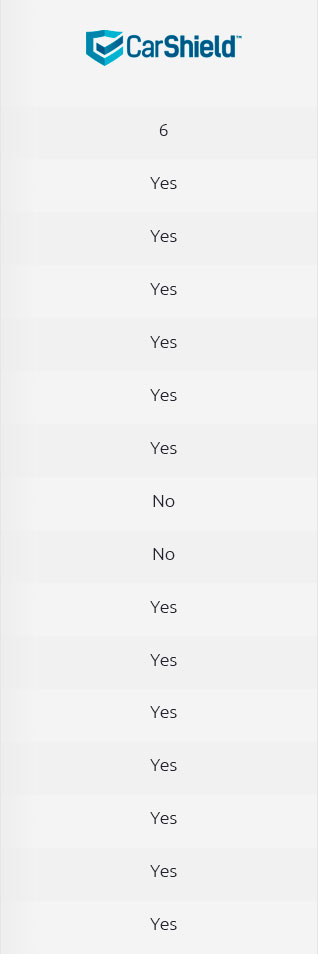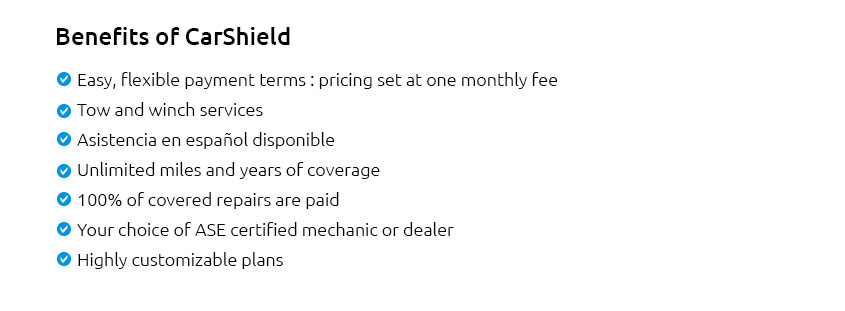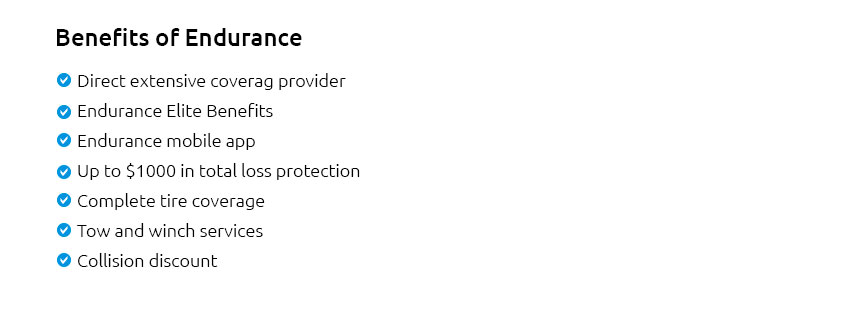 |
 |
 |
 |
 |
|||
 |
|||
 |
 |
 |
|
 |
|||
 |
|
 |
|
 |
|
 |
|
 |
|
 |
|
 |
|
 |
|

Gap Insurance: Coverage Guide for Peace of MindFor U.S. consumers exploring vehicle protection, understanding gap insurance can be a game-changer. This type of coverage offers peace of mind by covering the 'gap' between what you owe on your vehicle and its actual cash value if it's totaled or stolen. In this guide, we'll dive into the benefits of gap insurance, how it can save you money, and its role alongside extended auto warranties. What is Gap Insurance?Gap insurance is designed to protect car owners in the event of a total loss. It covers the difference between the outstanding loan amount and the vehicle's depreciated value, which can be significant in the early years of a car loan. Why Consider Gap Insurance?
In places like California and New York, where car values can vary greatly, gap insurance offers added security against financial loss. Gap Insurance vs. Extended Auto WarrantiesWhile gap insurance covers financial gaps, extended auto warranties focus on repairs and maintenance. It's crucial to understand how these coverages complement each other. Extended Auto WarrantiesExtended warranties cover repair costs beyond the manufacturer's warranty. For example, a ford f150 extended warranty can provide extended protection for specific vehicle components. Working TogetherUsing gap insurance alongside extended warranties ensures both repair and financial gaps are covered, providing comprehensive protection. Who Needs Gap Insurance?Gap insurance is beneficial for anyone with a loan or lease. If your car depreciates quickly, or if you're in a location like Florida with high vehicle turnover, gap insurance can be invaluable.
Consider researching options like a honda extended warranty price to further protect your vehicle investment. Frequently Asked QuestionsIs gap insurance required by law?No, gap insurance is not required by law, but it may be required by lenders for leased or financed vehicles. How much does gap insurance cost?The cost varies but is generally a small percentage of your total insurance premium, typically ranging from $20 to $40 annually. Can I purchase gap insurance after buying a car?Yes, you can often purchase gap insurance through your auto insurer after buying your car, though it's best to do it as soon as possible. https://www.iii.org/article/what-gap-insurance
In the event of an accident in which you've badly damaged or totaled your car, gap insurance covers the difference between what a vehicle is currently worth ( ... https://www.allstate.com/resources/car-insurance/gap-insurance-coverage
Gap insurance may also be called "loan/lease gap coverage." This type of coverage is only available if you're the original loan or leaseholder on a new vehicle. https://www.bankrate.com/insurance/car/gap-insurance-new-york/
Gap insurance in New York only activates if the car is deemed a total loss and undrivable. This means that for minor bumps and scrapes, gap ...
|